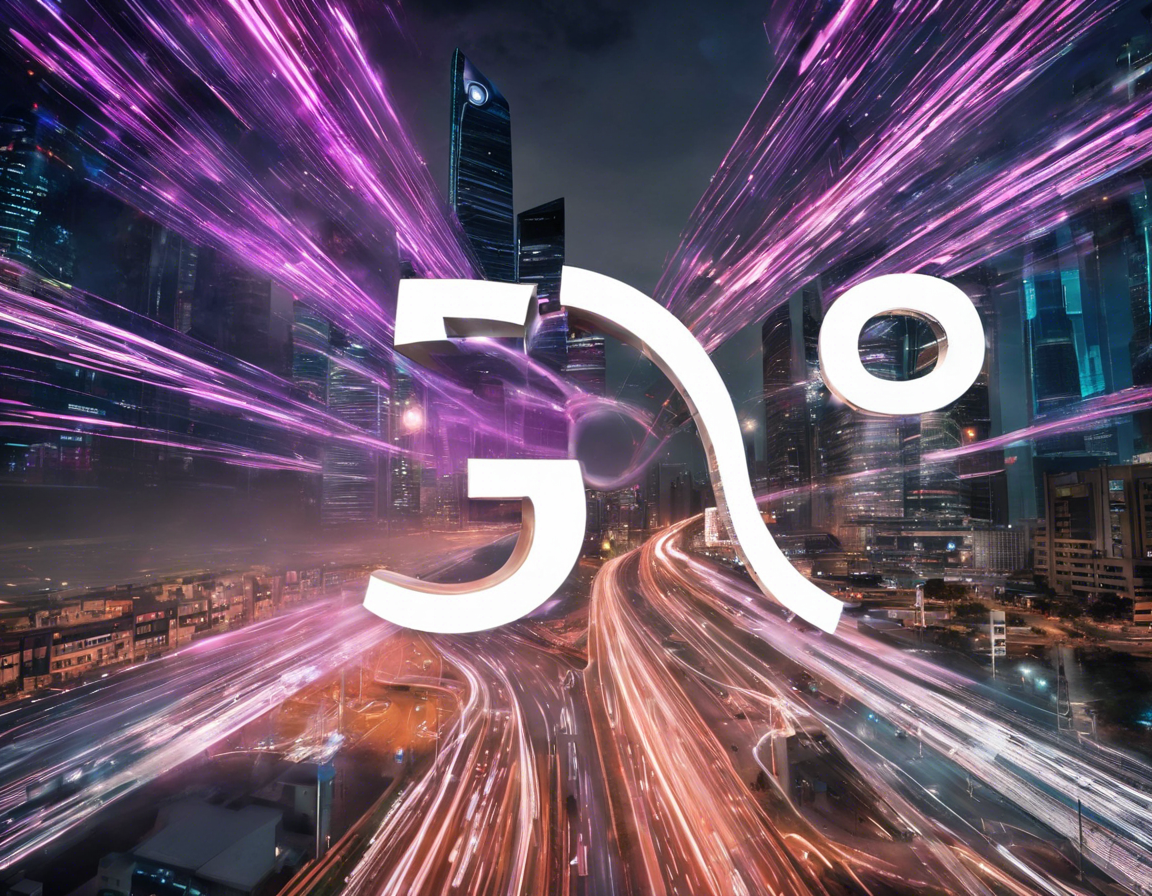India, as one of the largest telecommunications markets globally, is gearing up for the launch of the much-anticipated 5G technology. The transition to 5G networks promises a revolutionary shift in connectivity, offering faster speeds, lower latency, and increased capacity to support a wide range of applications. As the world eagerly awaits the rollout of 5G services, Indians are also looking forward to embracing this transformative technology.
Understanding 5G Technology
Before delving into the launch date of 5G in India, it is essential to grasp the fundamentals of this cutting-edge technology. 5G stands for the fifth generation of wireless communication networks and is set to succeed the current 4G LTE technology. One of the most significant advantages of 5G is its ability to provide multi-Gbps peak data speeds, ultra-low latency, massive network capacity, and increased connectivity reliability.
Current Status of 5G Deployment in India
While several countries have already made significant progress in deploying 5G networks, India is still in the initial phases of its 5G journey. Telecom operators in the country have been actively involved in conducting trials and testing to assess the feasibility and readiness of 5G technology in the Indian market. Various spectrum auctions have also taken place to allocate 5G airwaves to telecom operators for testing and eventual commercial deployment.
Expected 5G Launch Date in India
The timeline for the launch of 5G services in India has been a subject of speculation and anticipation. While there is no official confirmation regarding the exact launch date, industry experts and analysts project that 5G services could potentially debut in the country by 2022. However, the commercial rollout of 5G is contingent on several factors, including regulatory approvals, spectrum availability, infrastructure readiness, and market demand.
Factors Influencing the 5G Rollout in India
Several factors are influencing the pace and progress of 5G deployment in India:
Spectrum Allocation:
- Availability of spectrum is crucial for the successful deployment of 5G networks. The Indian government has been conducting spectrum auctions to allocate 5G airwaves to telecom operators.
Infrastructure Development:
- Building the necessary 5G infrastructure, including fiber optic networks and small cell sites, is essential to support the high-speed and low-latency requirements of 5G technology.
Regulatory Policies:
- Clear and favorable regulatory policies are necessary to create an enabling environment for 5G deployment. The government plays a crucial role in formulating policies that promote investment and innovation in the telecom sector.
Industry Collaboration:
- Collaboration among telecom operators, equipment manufacturers, and other stakeholders is vital for the successful rollout of 5G services. Partnerships and cooperation can accelerate the deployment process and drive technology innovation.
Benefits of 5G Technology for India
The introduction of 5G technology in India is expected to bring about a myriad of benefits across various sectors:
Enhanced Connectivity:
- Faster speeds and lower latency will enable seamless connectivity for consumers and businesses, supporting streaming, gaming, video conferencing, and IoT applications.
Digital Transformation:
- 5G will facilitate digital transformation across industries such as healthcare, education, manufacturing, and smart cities, leading to innovation and efficiency.
Economic Growth:
- The deployment of 5G networks can stimulate economic growth by creating new opportunities for entrepreneurship, job creation, and investment in the digital economy.
Challenges and Considerations for 5G Implementation in India
Despite the promising prospects of 5G technology, there are several challenges and considerations that need to be addressed for successful implementation:
Cost of Deployment:
- The high cost of deploying and maintaining 5G infrastructure poses a significant challenge for telecom operators, necessitating strategic investments and cost-effective solutions.
Security Concerns:
- Ensuring the security and privacy of 5G networks is paramount, as they are vulnerable to cyber threats and attacks. Robust security measures must be in place to safeguard data and infrastructure.
Skill Development:
- Skill development and training programs are essential to equip workforce with the necessary skills to leverage 5G technology effectively and drive innovation.
Regulatory Framework:
- A clear and transparent regulatory framework is essential to address challenges related to spectrum allocation, licensing, and compliance in the 5G ecosystem.
FAQs (Frequently Asked Questions)
1. When will 5G be launched in India?
5G is expected to be launched in India by 2022, although the exact date is yet to be confirmed.
2. Which telecom operators are conducting 5G trials in India?
Telecom operators such as Jio, Airtel, and Vi are actively involved in conducting 5G trials and testing.
3. What are the benefits of 5G technology for consumers?
Consumers can enjoy faster speeds, lower latency, and enhanced connectivity for activities like streaming, gaming, and video calls.
4. How will 5G impact industries in India?
5G will facilitate digital transformation across industries such as healthcare, education, manufacturing, and smart cities, leading to innovation and efficiency.
5. What are the key challenges of 5G implementation in India?
Challenges include the cost of deployment, security concerns, skill development, and regulatory framework issues that need to be addressed for successful 5G implementation.
As India prepares for the arrival of 5G technology, stakeholders across the telecom industry are actively working towards ensuring a smooth transition to the next generation of wireless connectivity. The launch of 5G in India holds immense potential to transform the digital landscape, empower businesses, and enrich the lives of consumers with unparalleled connectivity and innovation.
